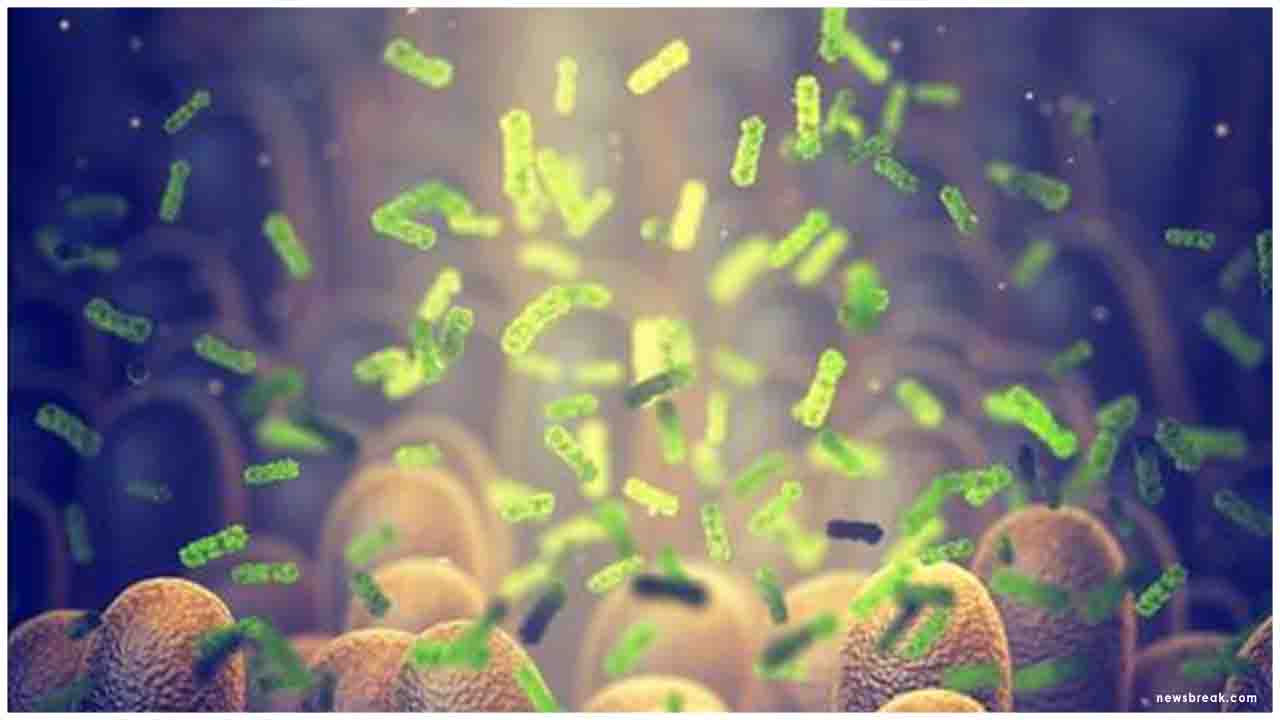Scientists from the Hebrew University of Jerusalem examined the impacts of food and gut microorganisms on wellbeing and disease-causing qualities. The group clarified that a significant quality called the p53 is liable for the concealment of tumors in the gut. They clarified that specific changes to this quality had been known to raise the danger of diseases. The transformation causes oncogenic changes in the cells, they composed.
A quality called the Tp53 is found in all phones of the body. This quality creates a fundamental protein called p53. Protein p53 shields cells from hurtful transformations that could cause malignancy. At the point when the Tp53 quality is itself changed, it produces adjusted or transformed p53 proteins. The adjusted p53 can't shield cells from changes and now really encourages tumors to develop and spread.
What was done in this investigation?
The quality that codes for p53 in mice are known as the Trp53. For this investigation extraordinary hereditarily altered mice were utilized. These mice were feeling the loss of a significant quality called the "Csnk1a1 erasure," and they had "ApcMin change." Studies have demonstrated these transformations to add to malignant growths because of the loss of p53.
What was found?
P53 transformation – assurance and malignant growth chance
Aftereffects of the trial demonstrated that as the transformations of p53 occurred in these trial mice, a few changes were seen in various pieces of the gastrointestinal parcel of the mice. The unmistakable disease-causing impact was found in the distal finish of the gut due to changed p53 protein, they composed. In the upper piece of the gut, this changed protein, notwithstanding, assumed a defensive job against malignant growth, advancing solid development and advancement they noted. Here these proteins were designated "super silencers." This, they clarified saying, "freak p53 was more successful than wild-type p53 at repressing tumor arrangement".
The job of the gut microbiome
Next, they found that this tumor defensive impact of the p53 change was evacuated because of adjusted gut microbial verdure. They noticed that gut microflora that discharged a metabolite called gallic corrosive could impact the impacts of the entire gut microbiome. They took trial mice that had no gut verdure and p53 changes and enhanced their gut with gallic corrosive. This brought about the mice having TCF4–chromatin cooperation and prompted the initiation of the malignant growth causing hazards all through the gut. They clarified that mice that had been taken care of cell reinforcement rich nourishments, for example, dark tea, nuts, chocolate, and berries created gut vegetation that delivered more gallic corrosive and raised the danger of internal organ malignancy.
Ramifications of these discoveries
This examination shows that both food and gut organisms assume a job in malignant growth hazards. They noticed that small digestive organs are generally shielded from malignant growth while the internal organs are more in danger of inside disease. Specialists state that solitary 2 percent of entrail diseases influence small digestion tracts, and 98 percent are found in the internal organ - colon.
The creators wrote in ends, "Our investigation shows the considerable versatility of a malignant growth change and features the job of the microenvironment in deciding its useful result."
Clarifying the job of cell reinforcements in the eating regimen that raised danger of inside malignant growths, lead scientist Professor Yinon Ben-Neriah from Hebrew University of Jerusalem (HU's) Lautenberg Center for Immunology and Cancer Research, stated, "We were gripped by what we saw. The gut microbes had a Jekyll and Hyde impact on the changed p53 proteins. In the little inside, they completely exchanged course and assaulted the carcinogenic cells, while in the colon, they advanced the harmful development."
Ben-Neriah included, "Deductively, this is a new area. We were shocked to see the degree to which microbiomes influence disease transformations now and again, totally changing their temperament."
Neriah stated, "Researchers are starting to give increasingly more consideration to the job gut microbiomes play in our wellbeing: both their constructive outcomes and, for this situation, their occasionally poisonous job in supporting and abetting sickness." Speaking about the ramifications of this examination, the group said the individuals who are at a higher danger of colorectal disease may profit by the screening of their gut microbiome now and again. Nourishments these people take are likewise to be viewed as state specialists given that they may assume a job in modifying the gut organisms and, thus, adjust the tumor causing limit of the transformed proteins inside the digestive organs.
Kadosh, E., Snir-Alkalay, I., Venkatachalam, A. et al. The gut microbiome switches mutant p53 from tumour-suppressive to oncogenic. Nature (2020). https://doi.org/10.1038/s41586-020-2541-0, https://www.nature.com/articles/s41586-020-2541-0

 The study titled, "The gut microbiome switches mutant p53 from tumour-suppressive to oncogenic," was published this week in the journal Nature.
The study titled, "The gut microbiome switches mutant p53 from tumour-suppressive to oncogenic," was published this week in the journal Nature.













.jpeg)





.jpeg)





.jpg)


.jpg)



